Max Planck researchers have developed self-propelled tiny ‘microbots’ that can remove lead or organic pollutions from contaminated water.
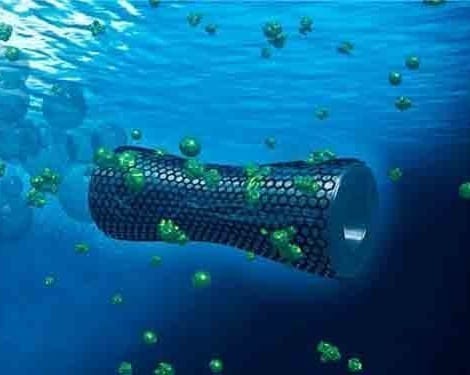

Max Planck researchers have developed self-propelled tiny ‘microbots’ that can remove lead or organic pollutions from contaminated water.
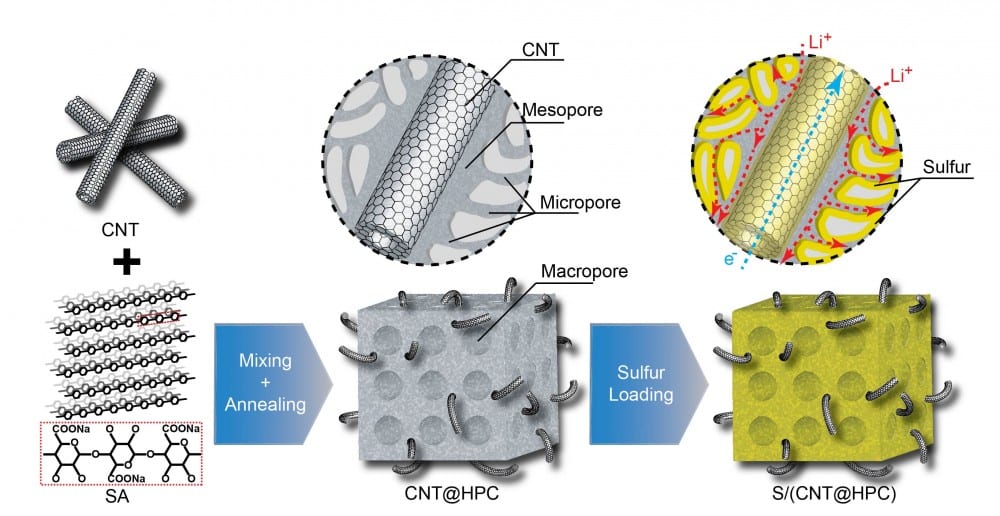
Researchers from the Hefei University of Technology and University of Science and Technology of China have improved the cathode performance in lithium-sulfur batteries by embedding carbon nanotube networks within porous carbon.

Opinion: We can’t have a clean-energy revolution without molecules, polymers and materials. But what have we really done to help win the war against climate change?
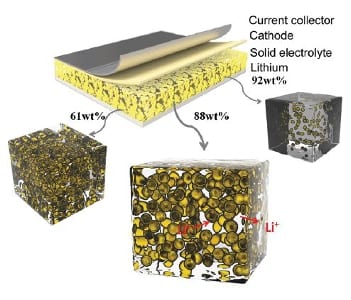
Renjie Chen and co-workers developed a nanogelator-based solid electrolyte that improves the safety of Li-ion batteries.
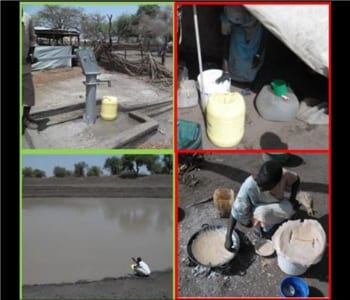
Outbreaks of hepatitis E virus (HEV) are usually associated with contaminated drinking water. To identify virus transmission routes, researchers from Spain analyzed water matrices and food during a recent HEV outbreak (2012–2014) in a refugee camp in South Sudan. The...
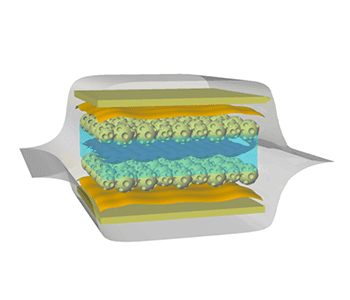
A fully edible supercapacitor has been developed from food-grade materials by researchers in the USA.
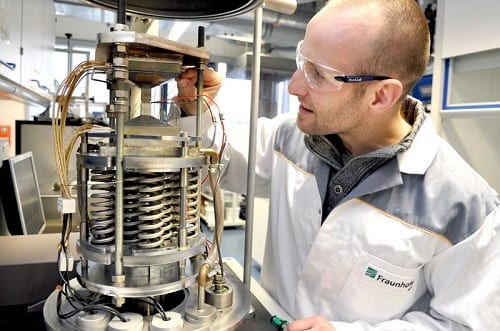
For the first time so-called thermoelectric materials reliably convert waste heat directly into electricity.
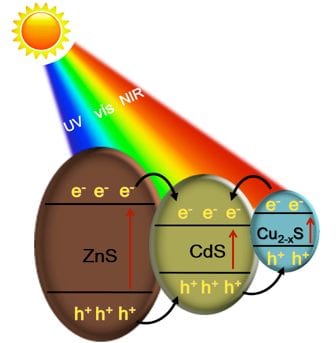
A Chinese research team has recently constructed a unique ternary sulfide heteronanorod through a colloidal chemical transformation strategy.
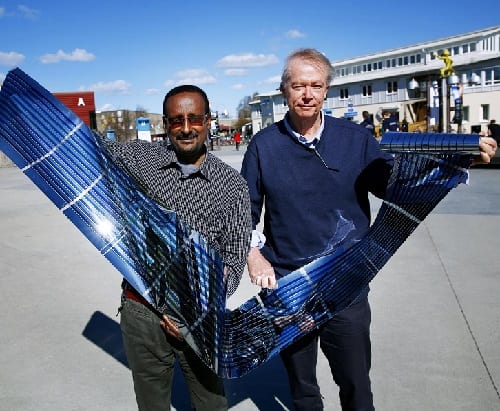
Polymer solar cells could be cheaper and more reliable thanks to Swedish and Chinese researchers.
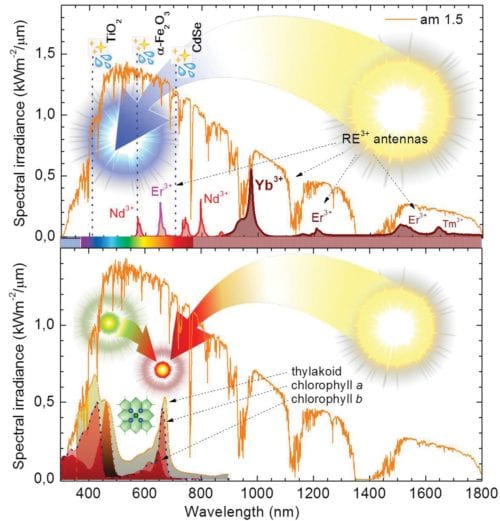
Photoluminescent spectral conversion as a promising route to increase the quantum yield in natural and artificial photosynthesis.